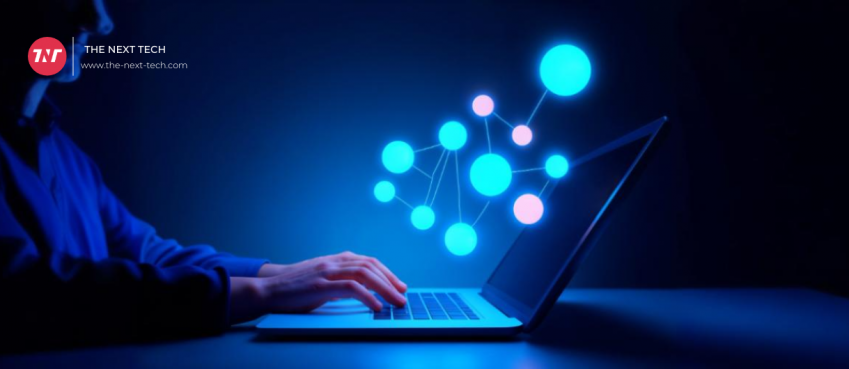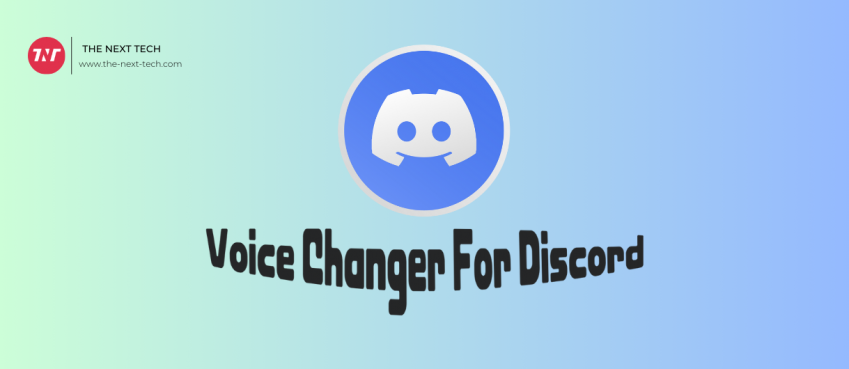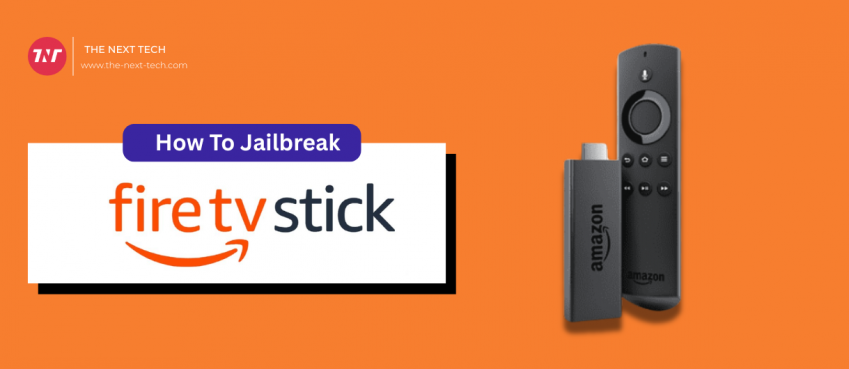
Have you heard about the idea of monitoring health with the help of mobile devices?
It is related to the term m-Health that makes use of m-Health apps along with AI and Big Data in healthcare. Owing to the surge in the usage of smartphones and other devices, people have started interacting with doctors and hospitals differently. You will realize there is an app for every task right from managing doctor’s appointments to maintaining records.
At this juncture, where every business is fighting hard to appeal to the interests and goals of the customers AI and big data are redefining the healthcare industry. In this blog, we will take a look at the applications of AI and big data and how it has revolutionized the entire healthcare system.
Let’s begin:
AI in Healthcare
AI in healthcare relates to the usage of machine learning algorithms and software to mimic human cognition that aids in analysis, presentation, and understanding of complex data.
Right from detecting links between genetic codes, putting surgical robots to use, or maximizing hospital efficiency, AI is a powerful tool to streamline the healthcare industry. Let’s see what AI has to offer to healthcare:
1. AI Supports Decision Making
Healthcare developers and professionals must consider a crucial piece of information for app development and diagnosis. They go through various complicated unstructured information in medical records. A single mistake can have huge implications.
AI in healthcare makes it convenient for everyone to narrow down the big chunks of information into relevant pieces of information.
It can store and organize these large chunks of information and provide a knowledge database that can, later on, facilitate inspection and analysis to draw meaningful conclusions. This way, it helps clinical decision support, where doctors can rely on it for detecting risk factors.
One such example of AI is IBM’s Watson that predicts heart failure with the help of AI.
2. Chatbots to Prioritize and Enhance Primary Care
People tend to book appointments even at the slightest of medical issues, which often causes chaos and confusion. Later on, there are usually discovered to be issues that could be taken care of by self-treatment. Here AI can be of great use to enable smooth flow and automation that facilitates primary care. It will help doctors to focus more on critical cases.
The best example is medical chatbots that can save you from medical trips to doctors that could be easily avoided. Chatbots when incorporated with smart algorithms can provide patients with instant answers to patient queries and concerns.
Moreover, it can also guide them on ways to deal with any potential health-related issues. The best thing about chatbots is that they are available 24/7 and can deal with multiple patients at the same time.
Also read: [10 New] Best OnionPlay Alternatives To Stream TV Shows And Movies
3. Robotic Surgeries
A combination of AI in healthcare and collaborative robots has helped achieve desired speed and depth in making delicate incisions. These surgeries have been given the name of robotic surgeries that eliminates the issue of fatigue and helps in lengthy and critical medical procedures.
With the help of AI, one can develop new surgical methods from past operations that will help gain more preciseness. This accuracy and precision will surely reduce accidental movements during the surgeries.
The best example of robotic surgeries is Vicarious Surgical, which combines virtual reality with AI-enabled robots. The purpose of developing such robots is to help surgeons perform minimally invasive operations.
Another great example of AI in robotic surgery is the Heartlander. It is a miniature mobile robot aimed to facilitate heart therapy. The robot is developed by the robotics department at Carnegie Mellon University.
4. Virtual nursing assistants
Virtual nursing assistants are another example of AI in healthcare that can help in providing excellent healthcare services by way of performing a range of tasks. These tasks include addressing patient queries, directing them to the best and effective care unit, monitoring high-risk patients, assisting with admissions and discharge, and surveying patients in real-time. The best part is that you can avail the services of these virtual nurses 24/7 and get instant solutions to your problems.
When you explore the market, you would realize many AI-powered applications of virtual nursing assistants are in use. They help facilitate regular interactions between patients and care providers that save the patients from unnecessary hospital visits. Care Angel is the world’s first virtual nurse assistant that facilitates wellness checks through voice and AI.
5. Accurate Diagnosis of Diseases
AI in healthcare can surpass human efforts and help in the detection, prediction, and diagnosis of diseases quickly and accurately. Have a look at the specialty-level diagnosis, here AI algorithms have proven to be cost-effective in the detection of diseases like diabetic retinopathy.
PathAI is a machine learning technology that helps pathologists in determining the issues with more accuracy. It aims to reduce errors in cancer diagnosis and develop methods for individual medical treatment.
Buoy Health is another example of AI that helps check symptoms and cure specific illnesses by the way of chatbots. The chatbots listen to a patient’s symptoms and health concerns to diagnose the issue and guide that patient for treatment based on the diagnosis.
Also read: [10 Best] Blog To Video AI Free (Without Watermark)
Big Data in Healthcare
Big data in healthcare is essential to handle the risks involved with hospital management that can improve the quality of patient care. Moreover, it can also organize and streamline the activities of the hospital staff. Apart from this, there’s a lot that big data has to offer, let’s see how it can help:
1. Monitoring patient vitals
When it comes to the usage of big data in healthcare, it is helping hospital staff to monitor the records and other vital information about patients and encourages them to work efficiently.
The best example is the usage of sensors besides patient beds that keeps an eye on the patient’s vitals like blood pressure, heartbeat, and respiratory rate. Any change in pattern is quickly recorded and the doctors and healthcare administrators are alerted immediately.
Apart from this, Electronic Health Records (EHRs) are also a part of big data in healthcare that includes critical information about the patients.
It includes medical history, demographics, and results of the lab test, and more. The records consist of at least one modifiable file that can be edited later on by the doctor on noticing any further changes or updates without any danger of data duplication.
2. Streamline the Administration
Big data in healthcare has also helped administrative staff streamline their activities. It helps gain a realistic view of activities in real-time.
They get insights into how resources are used and allocated that will let the administrative staff make substantial actions. They may try to streamline activities like overviewing surgery schedules and coordinate with more precision, cutting down resources wasted, and reduce the cost of care measurement.
It will help the hospital management to provide the best clinical support, and manage the population of at-risk patients. Moreover, doctors and other medical experts can also use big data for proper analysis and identify deviations among patients so that they can receive effective treatments.
3. Big Data for Fraud Prevention
We all know medical billing is prone to errors and waste owing to the complexity of medical procedures and endless options available in healthcare services. These errors may include wrong medical billing codes, false claims, wrong dosage, wrong, medicines, wrong estimation of costs for the healthcare services provided, and more.
Here big data helps to prevent such errors on the part of the health administrators at the hospitals. Especially, for insurance companies, big data can be a powerful tool to detect false claims for making more money from them.
Also read: Best Oculus Quest 2 Accessories To Bring Home In 2025
4. Offers Practical Healthcare Data solutions
Hospitals and other administrative staff can store a wide range of data systematically. The data provided is organized and facilitates further analysis.
It may include a healthcare dashboard for the hospitals that give a big picture of things that are going around. Right from the attendance of the hospital staff to the cost incurred on every treatment you have the access to all the crucial aspects.
Doctors and other healthcare practitioners can use the data to draw meaningful conclusions and reach an informed decision.
If we look at the bigger picture the AI and big data are going to have a vital role to play in the healthcare sector. Predictive analysis is one thing that the industry hasn’t explored much, but yes we can see the growth in most mundane areas like patient care, waste management, and inventory.
We all are expecting change and AI and big data will be one of the major forces that will bring that change
Top 10 News
-
01
Top 10 Deep Learning Multimodal Models & Their Uses
Tuesday August 12, 2025
-
02
10 Google AI Mode Facts That Every SEOs Should Know (And Wha...
Friday July 4, 2025
-
03
Top 10 visionOS 26 Features & Announcement (With Video)
Thursday June 12, 2025
-
04
Top 10 Veo 3 AI Video Generators in 2025 (Compared & Te...
Tuesday June 10, 2025
-
05
Top 10 AI GPUs That Can Increase Work Productivity By 30% (W...
Wednesday May 28, 2025
-
06
[10 BEST] AI Influencer Generator Apps Trending Right Now
Monday March 17, 2025
-
07
The 10 Best Companies Providing Electric Fencing For Busines...
Tuesday March 11, 2025
-
08
Top 10 Social Security Fairness Act Benefits In 2025
Wednesday March 5, 2025
-
09
Top 10 AI Infrastructure Companies In The World
Tuesday February 11, 2025
-
10
What Are Top 10 Blood Thinners To Minimize Heart Disease?
Wednesday January 22, 2025







